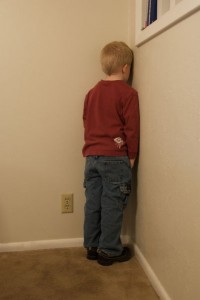The end of meanness?
And the benevolent shall inherit the earth
I just read a fantastic essay on the role of character and success, and how it might be changing due to our society’s evolution. Check it out here.
From a teaching perspective, this underscores the importance of helping our students learn how to work together and collaborate.
Be Nice curriculum EFL eikaiwa ES expectations junior high school kids language courses Language learning school management Teach Like a Champion teaching
by sendaiben
2 comments
Zero tolerance
I’m normally a fairly laid-back guy, and I am probably a ‘nice’ teacher. I see my role as being a coach, someone who can provide training, encouragement, and advice to my students so they can learn the skills of English. At university, I set clear (high) expectations and show my students how to meet them.
In children’s classes though, something wasn’t right.
I’ve been reading a lot recently. Kindle on a phone makes reading anywhere, anytime a breeze. I think I have probably more than doubled the number of books I read since I got it.
Two standouts: Teach like a Champion, which I have talked about before, and more recently Work Hard, Be Nice (about the Knowledge Is Power Program in the US).
Both of them talk about high-energy, high-expectation, zero-tolerance classrooms. I don’t have big problems with discipline in my classes, but they could definitely be better, and perhaps the techniques in these books could help me…
I want my classes to be exciting, the students to be motivated and enthusiastic, and the results to be spectacular. I have some students who end up amazing users of English, and some that don’t, but I think it is possible to increase the numbers of those that do.
Recently I have been experimenting with a two-pronged approach:
1. keep the students busy with achievable, interesting activities
2. firmly jump on any form of undesired student behaviour immediately
Examples of undesirable behaviour: hitting, verbal attacks on teachers or other students, moving around without permission, talking about things not germane to the lesson, playing with pencils or other objects, not singing, not participating in speaking activities, not doing homework, not following instructions, etc.
So far it is going really well. I think students like to know what is expected of them and what they should be doing. Being firm in enforcing the rules allows the students who are into the lessons to enjoy them more, and makes life easier for the teacher. The flipside, of course, as alluded to in number 1 above, is that it is also essential to keep students challenged and busy in class.
I am going to continue with my ‘firm teacher’ experiment and see how the students progress. I’m very excited to see how the classes go over the next few months until March.

